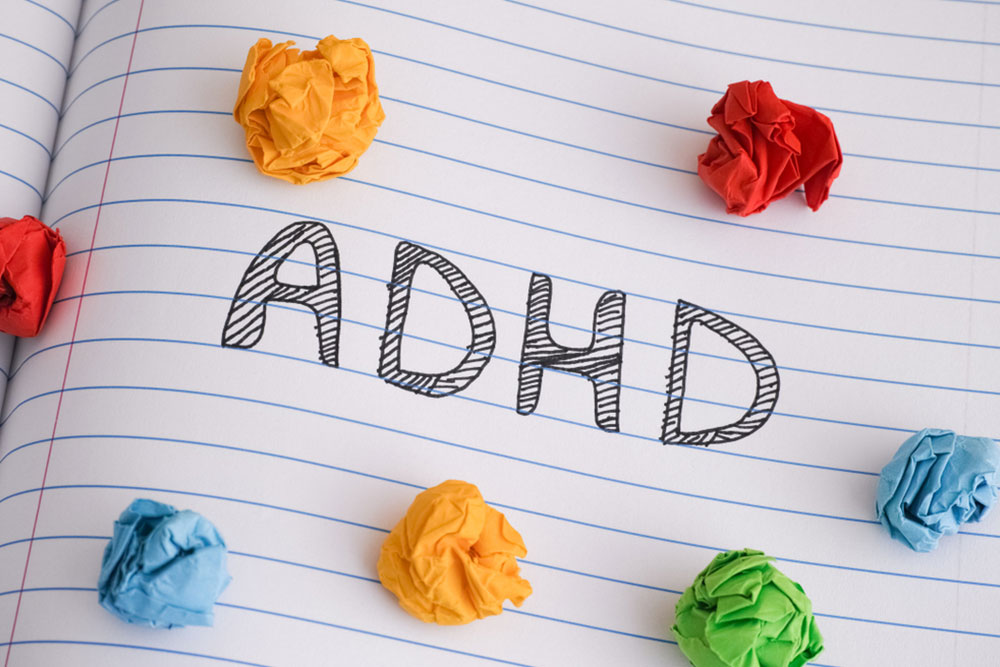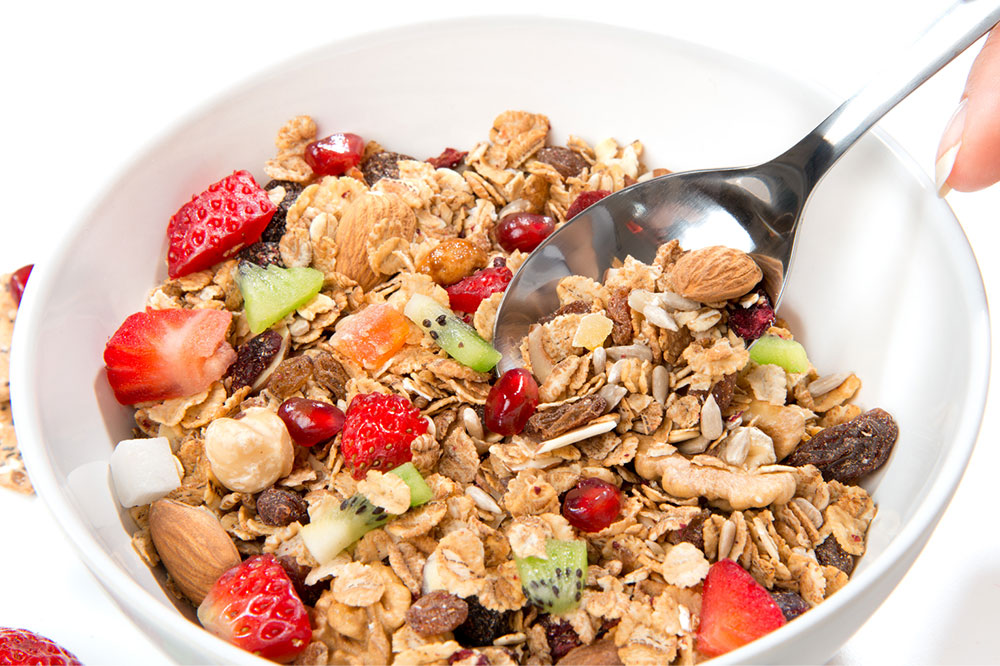Understanding How Diet Influences ADHD Symptoms
Explore how dietary choices influence ADHD symptoms and learn which foods can help manage the condition. Emphasizing fresh, nutrient-rich options such as proteins, complex carbs, omega-3 fatty acids, vitamins, and minerals, this guide provides practical tips for improving focus and well-being through diet. Suitable for both children and adults, proper nutrition can be a powerful tool in ADHD management, promoting mental clarity and balanced energy levels.
Sponsored

Impact of Dietary Choices on ADHD Management
Diet and ADHD
ADHD is recognized as a developmental disorder that is present from an early age. Experts highlight that individuals with symptoms like distractibility and impulsivity are often born with these traits, unrelated to behavior or upbringing. Recent research indicates that diet plays a significant role in managing ADHD symptoms in both children and adults. Proper nutrition can support brain health and improve focus, while poor dietary habits may exacerbate symptoms.
Food choices can influence mental clarity and overall well-being. Consuming fresh, additive-free foods is essential for those with ADHD. Incorporate the following into your diet for better management:
Protein-rich foods
Proteins play a key role in maintaining a healthy brain by supporting neurotransmitter production, including norepinephrine and dopamine. These chemicals facilitate communication between brain cells, improving focus and mood. Include items like avocados, oatmeal, spinach, lentils, seeds (pumpkin, chia), nuts (cashews, almonds), eggs, poultry, dairy, and lean meats. Fruit options such as bananas, cherries, apricots, and berries are also beneficial.
Complex carbohydrates
Foods rich in complex carbs help sustain energy levels and reduce impulsive snacking. They promote a feeling of fullness, decreasing the likelihood of overeating high-sugar foods. Suitable choices include brown rice, quinoa, barley, beans, whole grain bread and pasta, and fiber-rich fruits and vegetables like apples, carrots, spinach, and potatoes.
Omega-3 fatty acids
Omega-3s are vital for brain health and are naturally found in fatty fish like salmon and tuna, as well as in walnuts, chia, and flax seeds. These healthy fats can enhance memory, attention, and motivation. However, caution should be exercised with fish high in mercury, such as shark and king mackerel.
Vitamins and minerals
The body and brain require essential nutrients like iron, zinc, magnesium, B vitamins, and vitamin D for optimal function. B-6, in particular, has been linked to increased alertness and attention. A balanced diet rich in these nutrients supports mental clarity and overall health.






